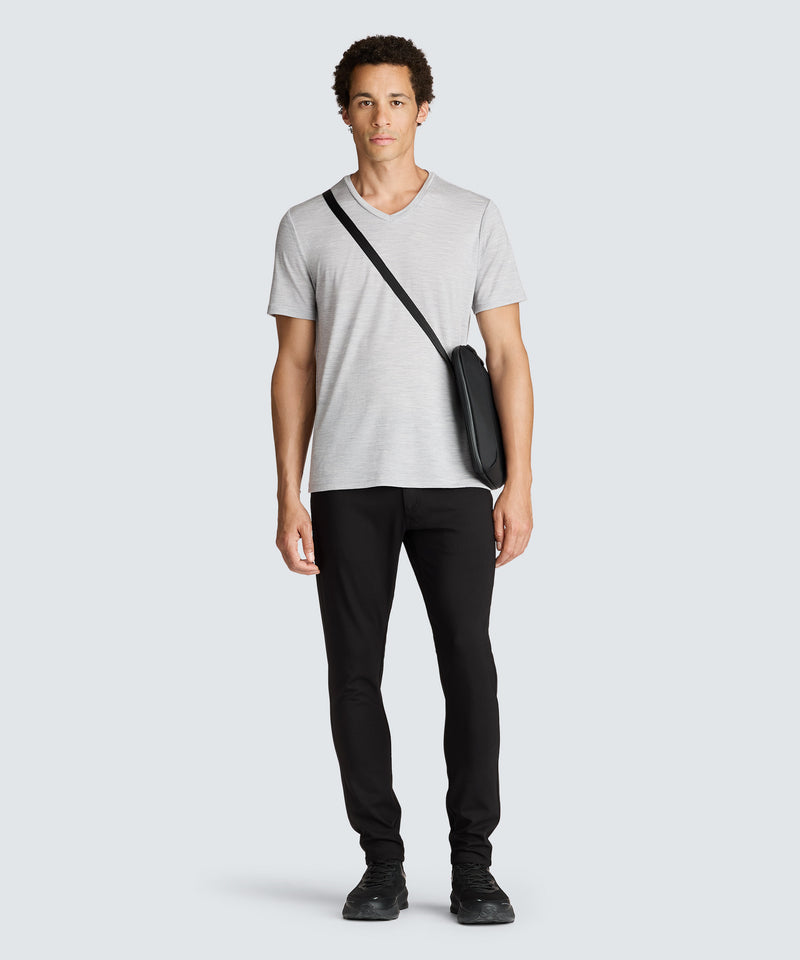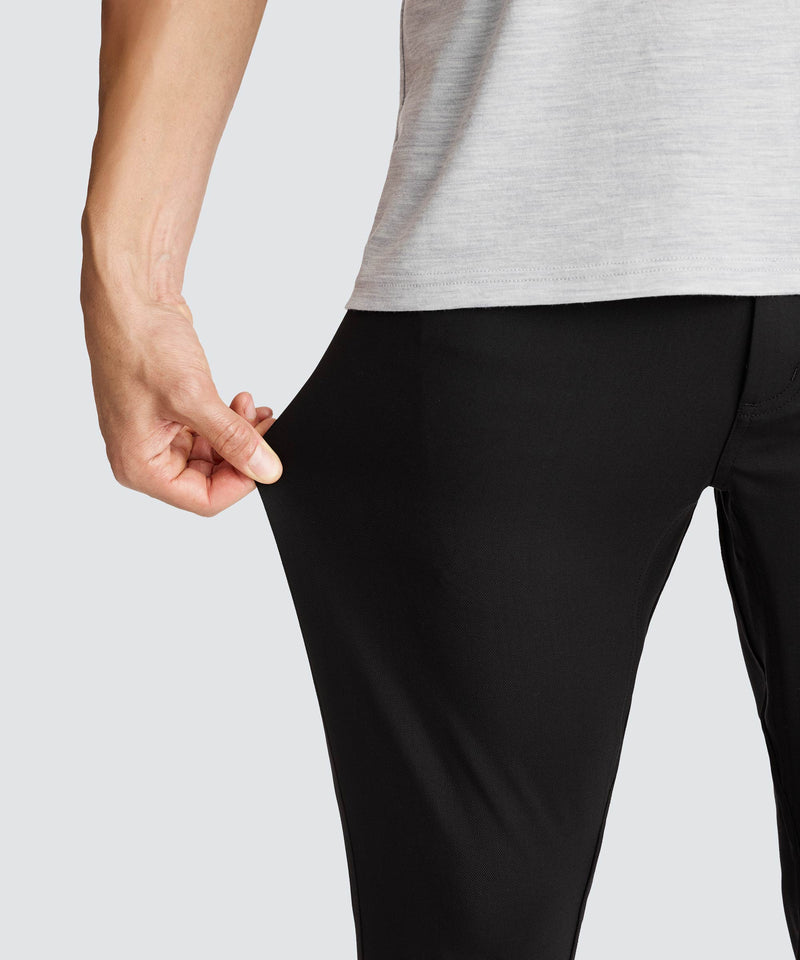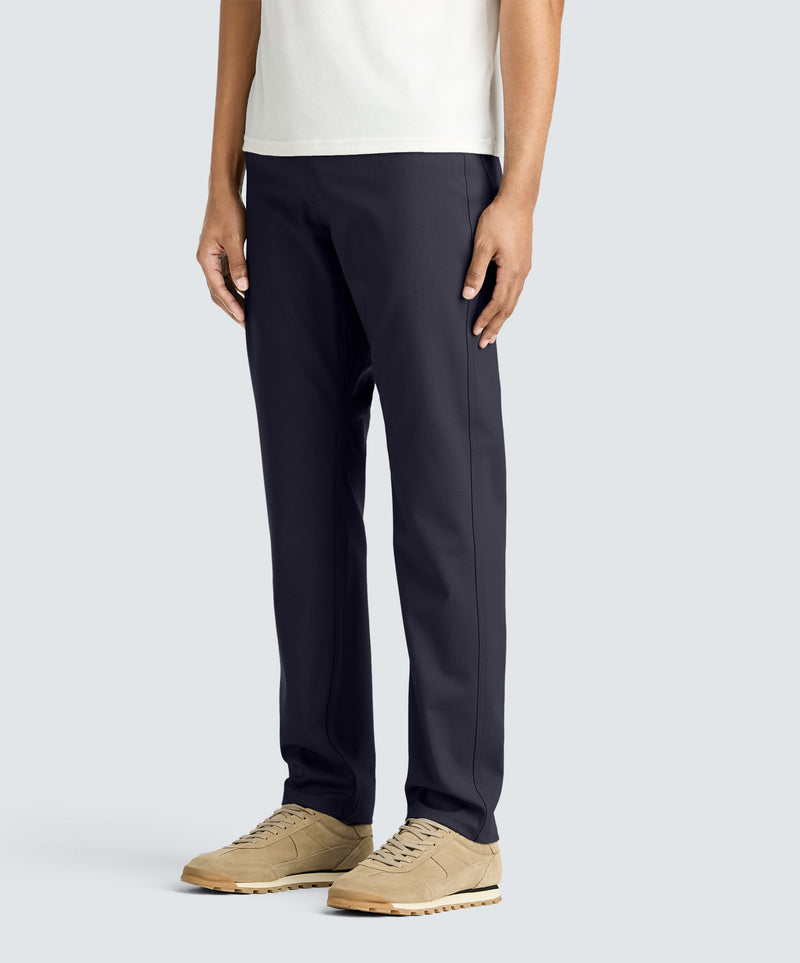People & Places
Travel Responsibly: 20 Ways to Be a Better Traveler in 2020
Updated: April 21, 2020
The world is a more conscious place than it’s ever been. As people take stock of their personal impact on the environment, culture and social stability, they inevitably look inwards for ways to affect positive change. Not always easy, the process is nevertheless incredibly important.
But traveling responsibly isn’t just about doing the right thing. There’s, admittedly, a selfish component to it as well. If you love to travel, as we do, you want to ensure that the places you love remain the way they are, that they aren’t overburdened by ecological, cultural and social pressures.
As global travel reaches an all-time high – an estimated 1.4 billion people vacationed abroad last year – it becomes increasingly critical to ponder the ways in which we can travel responsibly. To help you think about responsible travel, we’ve compiled a list of 20 to travel better in 2020.
Broadly, these tips can be categorized according to three concerns: how to limit personal emissions and waste; how to engage with local cultures in a meaningful way that doesn’t erase or offend; and how to support local communities economically and socially.
Pack your finest merino wool apparel and let’s start traveling better!
Travel Nearby
We start first with ways to mitigate your emissions footprint. In the next few entries, we’ll suggest ways to limit your emissions on long haul flights, but before we do that, let’s state the obvious: the nearer you travel, the less the footprint. That’s not to say you can’t – or shouldn’t – see far-flung parts of the world, only that you should consider trips near to you as well. Instead of traversing across the globe two times this year, shake things up by taking a train to a nearby city of interest.
Fly Coach
The coach section of an airplane is denser than the first-class section at the front, meaning your coach seat’s share of the plane (and, therefore, of the plane’s emissions) is lower. Plus, traveling first class is pretty overrated. Yes, you get a little added luxury, but it’s only for ~10 hours of your life and you have to pay upwards of 70% more than an economy seat. Leave first class to the business travelers – kick your feet up (or as up as they can kick) in our best merino wool socks in coach.
Pack Light for Your Trip
The more weight a plane takes, the more fuel it needs to carry everything – plain and simple. This means that the greenest way to fly is to pack light. If you’re a regular reader of this blog, or you know our brand, you’ll know that we already love packing light. We believe it makes for freer travel. Merino wool clothing – like our merino wool underwear and socks, merino wool shirts for men and our women's travel shirts – stay fresh for far longer than clothing made from other materials, meaning you only need to pack a couple items apiece!

Purchase Carbon Offsets
They’re a controversial measure. Some maintain that carbon offsets don’t get to the root of the problem, they only offer an easy out for people who want to travel long distances. Others see them as the perfect tit-for-tat measure to mitigate carbon emissions from flying. The truth probably lies somewhere in the middle. Travel is a positive thing for many people, and long flights are inevitable. Given that inevitability, carbon offsets allow you to put money toward green initiatives and tree growing.
Travel By Train
If you can’t travel by train to your destination, at least travel by train at your destination. Rather than fly around Europe, or rent a car to see Canada, both of which produce unnecessary carbon emissions, just grab a few train tickets. Not only does it lessen your footprint, but it’s the more scenic option as well. Rather than views of the highway or clouds, you get to sit back and see the countryside.
Bike Around Your Destination
The train is a great option for getting destination to destination, but for getting around a city or town you can’t beat a good old-fashioned bike. If you’re able, a bike is a fun, expedient way of getting around. You aren’t beholden to transit schedules and can explore the backstreets or country roads. Plus, the little exercise it offers helps offset all those delicious travel calories. If you’re planning on doing a good deal of biking, Unbound Merino’s merino wool outdoor clothing can help keep you breezy, cool and comfortable.
Pack a Collapsible Water Bottle
It’s important to stay hydrated, especially in hot countries. And in countries where the tap water might make you sicker than the sunstroke, it’s understandable to reach for a plastic bottle of water. If you can, however, pack a collapsible water bottle instead and do your best to find potable water outside the confines of single-use plastics. Fill up at a hostel or hotel with treated water, or, you know, just hydrate with a coconut!
Pitch in to Keep Things Clean
If you’re lounging on a beach and see some trash, provided that it’s safe to do so, pick it up and dispose of it. There’s an adage about being respectful abroad, “you should leave the place the way you found it”. But if you want to take it one step further, consider leaving the place a little better than how you found it. Obviously, in a perfect world, people would pick up their own damn trash, and it’s a little frustrating to take it upon yourself. But your small efforts help ease the burden of local clean-up efforts and ensure local wildlife isn’t disrupted.
Take Only Pictures
All you need in order to remember a beautiful place is pictures. Don’t pocket that rock that fell off the Colosseum; don’t pluck that brightly coloured flower you found on your hike in Borneo; and definitely do not try and covet a piece of that coral reef for yourself. Just leave nature well enough and alone and be contented to either snap a pic or, better yet, just soak it all in.

Consider an Eco Accommodation
With mounting focus on environment, travelers are starting to demand better from their accommodations. It makes sense. Hotels can be inherently wasteful, since they need to replace or clean everything with a high turnover rate. Sustainable, or “eco” accommodations, however, attempt to mitigate waste by using eco-friendly cleaning products, sustainable energy sources, low-flow fixtures, and the removal of single use plastics (no more of those travel-sized shampoos to nab on the way out).
They aren’t everywhere yet, and some can be prohibitively expensive to the average traveller, but they’re a smart step forward nonetheless.
Shop Local
“Shop local” is a mantra you hear a lot, but why exactly should you do it, especially when travelling? Well, for one, given the option between buying your snacks at a 7-11 in Thailand versus a street vendor, the latter allows you to put money squarely into the community rather than a multinational corporation – a move that empowers locals to grow their businesses and maintain a healthy standard of living. Secondly, where cultural crafts and art is concerned, shopping local helps preserve and stimulate local culture, and ensures local artisans can flourish.
Avoid Exploitative Activities
Those elephant rides, for example, while they may sound fun, are no fun for the elephants. And those “slum tours” in Mumbai, as another example, may profit off the poverty of others without giving back to the community. Those are just two examples. If you have an inkling that an activity you are about to try is exploitative, either of animals or people involved, do your due diligence – research the activity to make sure.
Learn a Little of the Language
This is a more light-hearted and fun approach to traveling responsibly. Instead of relying on locals to learn English, just pick up a phrasebook and give the language a college try. By no means does anyone expect you to be proficient in the language, but locals generally appreciate the effort. And, after a few (probably broken) conversations with locals, you’ll probably leave your destination with a deeper understanding of the culture and people
Learn the Local History and Culture
One of the more deleterious effects of irresponsible travel is the erasure of local cultures. If tourists flock to a certain area simply because it’s hot and they can party with abandon, slowly the local business and cultural production pivots to accommodate that. If you love where you’re traveling, if you love the uniqueness of the local culture, helping preserve it should be a high priority. And it’s not that difficult to contribute – visit a local museum, see a local performance or just do the following…

Engage With Locals
This falls under the “be open and curious” category of responsible travel, and can be as exciting as it is important. If you think of travel as being like a guest in someone else’s house, engaging with locals is like showing interest in the décor, complimenting the renovations they’ve done or simply making small talk about the weather. Rather than live in a travel bubble, extend your enthusiasm to the people who live there. At worst, you learn a few things; at best, you make a new friend or two.
Respect Customs & Avoid Confrontation
If there’s a local dress code, abide by it. It may seem unfair to have to cover up in hot weather, especially if it’s a gendered rule, but part of being a thoughtful traveler is respecting local customs. You can still stay comfortable and dry with a good base layer that wicks sweat, and breathes.
Other customary practices may require your research. In certain parts of Africa and the Middle East, it’s considered rude to gesture with your left hand. In Japan, it’s considered offensive to stick a pair of chopsticks upright in your food (the sticks are reminiscent of funerary incense). In Thailand, it’s poor taste to show someone the bottom of your feet (and, in that vain, to step on a baht bill, which has the king’s likeness on it. Do a little research into local taboos before you travel, and do your best to respect customs.
Don’t Drive Too Hard a Bargain
Haggling is common in a lot of places. The amount asked, especially if you’re a tourist, is markedly higher than the amount you should be paying. By all means, haggle for your purchases, but treat it like a friendly sport. Don’t get hotheaded and, when it boils down to it, remember that the 50 cents or dollar you’re fighting for probably means much more to the merchant than you.
If you plan on leaving your destination with a lot of souvenirs, consult our ultra-light travel guide to see how to keep your packing to a minimum!
Ask Permission Before Taking Pictures
Taking someone’s picture without their consent can smack of privilege – to the picture taker, the subject is just part of the scenery, something else to be consumed and shared online. You can still take pictures of people; just ask them for permission first. Some people will be overjoyed to smile and pose, but others may not want to be a part of your IG feed.
Consider Traveling Off-Season
Destinations that thrive on tourist dollars still need to make money on the off-season, so consider shifting your trip to go when it’s slow. Not only will you help the local economy pull through the slow part of the year, but you’ll likely be greeted with more attention and hospitality. Plus, you don’t have to elbow other tourists out of the way to see local hotspots!
Travel Off the Beaten Path
The world is massive. But travel tends to be focused in relatively small pockets of the world. Spreading out, traveling off the beaten path, can help twofold: one, it relieves parts of the world overburdened by tourism; and two, it gives some travel dollars to underrepresented parts of the world. Like Prague? Try Lubljana! Like the Bahamas? Try Grenada! The world is filled with spectacular alternatives.
How will you be a better traveler in 2020? Let us know in the comments below.




































































































































































































































































































































































